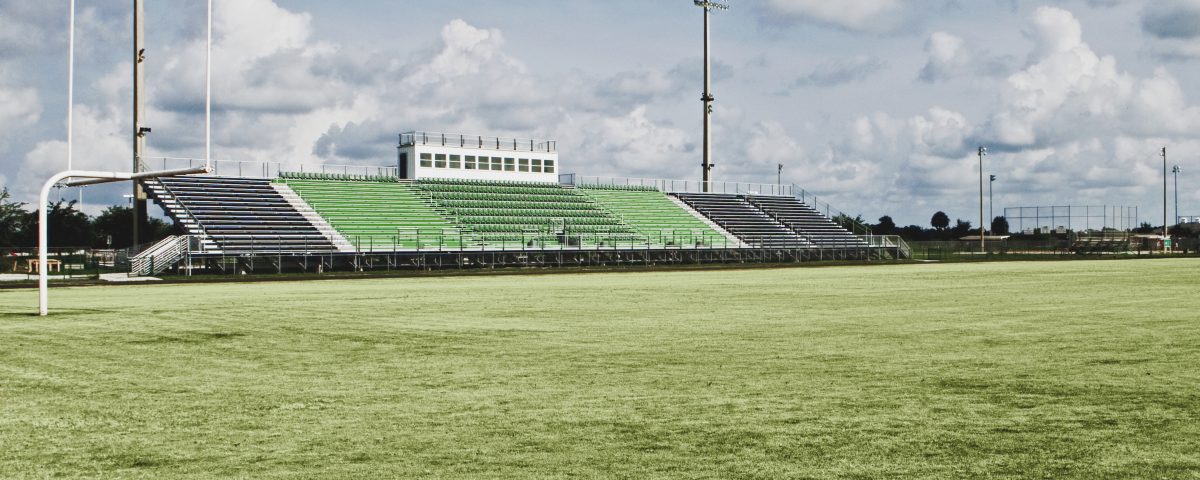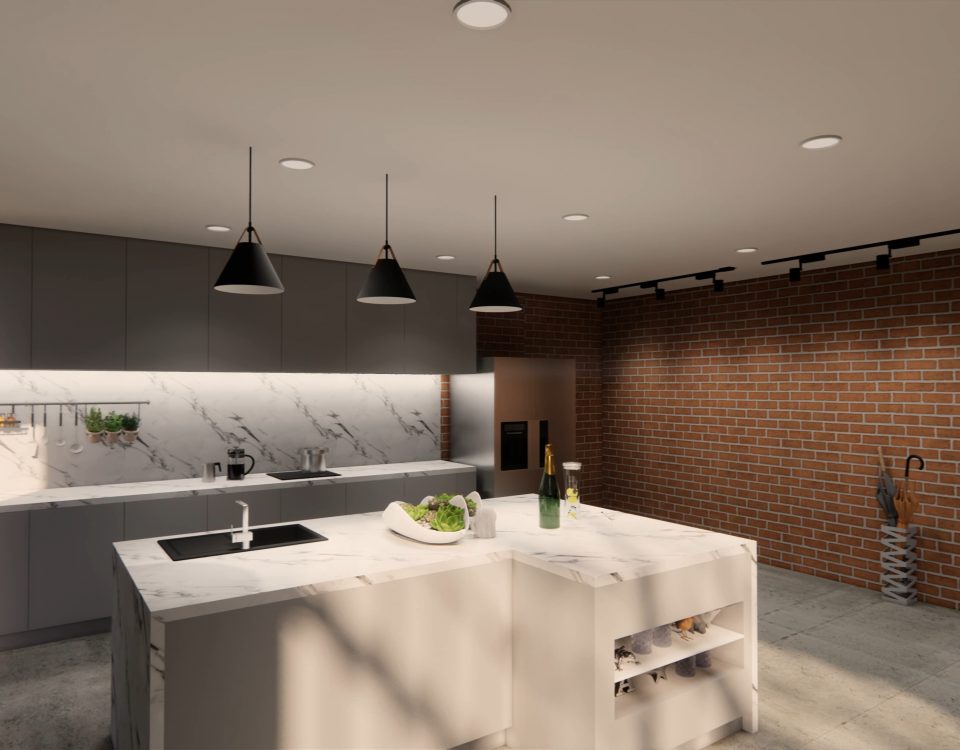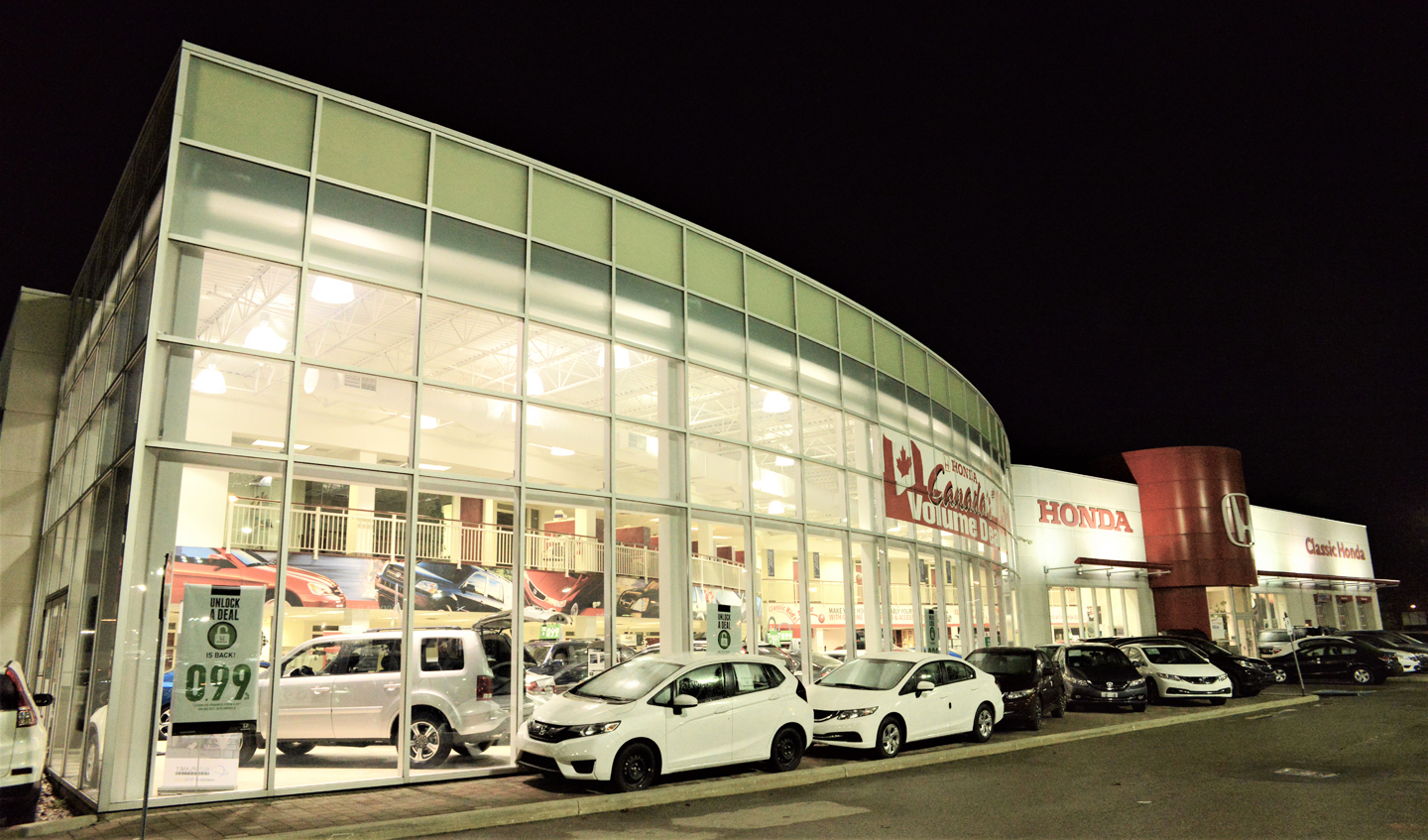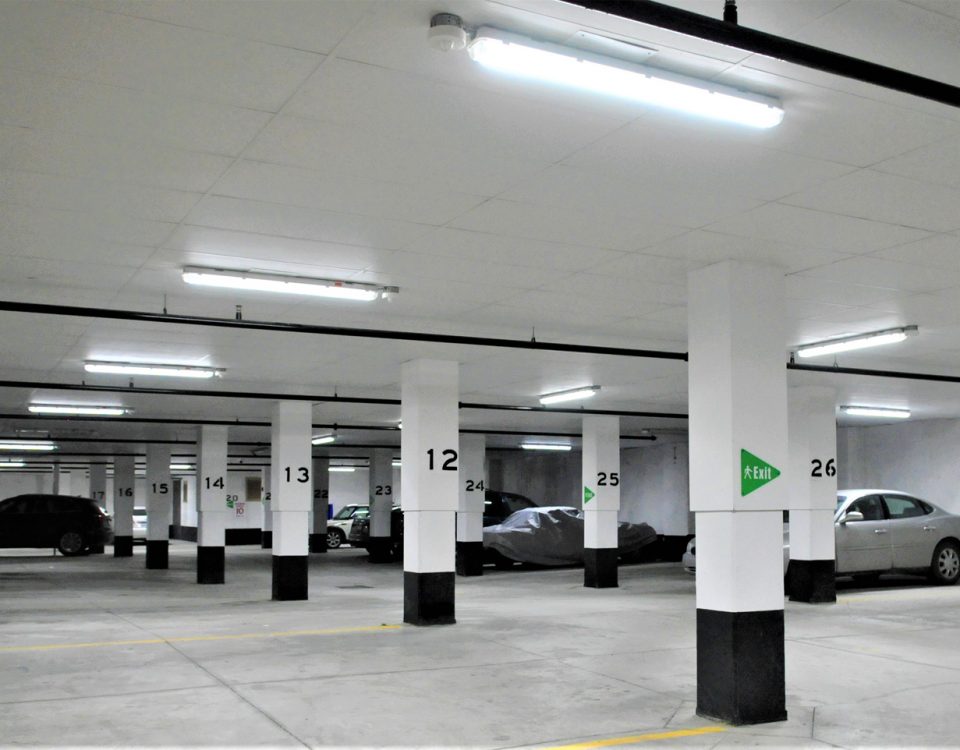Why LED Lighting Is an Efficient Option for Outdoor Sports Lighting

A Quick Buyer’s Guide to High Bay Lights
January 24, 2022
A Guide to Lighting Solutions for Hospitals and Senior Facilities
February 21, 2022LED bulbs are quickly revolutionizing the way sports lighting in the GTA is done. Traditionally, high intensity discharge (HID) was the sports lighting fixture of choice in indoor and outdoor arenas, stadiums, schools, and municipal buildings across the GTA. In recent years, however, more institutions have started seeing the light when it comes to the many benefits that LED lighting has to offer.
Sports lighting fixtures are designed to illuminate large spaces, especially during evening and night games. HIDs simply don’t have the juice to stay on for long periods of time to adequately light up large spaces without costing the institutions that use them a great deal of money. LED lighting in Toronto and the GTA offers a much more luminous and energy-efficient solution for a fraction of the cost of traditional HID lights.
Top Issues when Using HID Lamps as Outdoor Sports Lighting in the GTA
For many years, HID lamps were the most commonly used lighting fixtures for large public spaces that host live events such as concerts, sports, and community gatherings. But there are certain issues with HID lamps that have recently been brought to light, especially when compared to LED lights. Here are some of the reasons why HID lights are becoming obsolete in public spaces.
Higher Energy Costs
HID lights have a much higher wattage and operational cost than LEDs. Many sports arenas in the GTA still use HID lamps, despite their significantly higher energy outputs and operational costs because of the high upfront costs of switching to LEDs. The problem with that is that HID lamps that are used in sports lighting fixtures typically range between 400 and 2000 watts depending on the size of the space that needs to be illuminated. The higher the wattage is, the higher the energy output and that increases the annual operational costs significantly.
HID Lamps Are High Maintenance
The most common types of HID lamps that are used for sports stadiums and arenas consist of various metals including vaporized mercury, low- and high-pressure sodium, xenon lamps with short arcs, and ceramic.
HID lamps need to be ignited using an electric pulse to produce light. The internal elements take some time to warm up sufficiently to illuminate any given space. Over time, the lighting intensity of the bulb weakens as the metal salts evaporate with every usage. HID lights become increasingly inefficient the more they’re used because it takes a larger voltage or energy output to produce the same amount of light. Eventually, the lights fail and will need to be replaced. As a result, HID light bulbs need to be replaced more frequently than LED lights and they don’t last nearly as long.
Poor Lighting Performance
Different types of HID lamps vary in terms of lighting quality, performance, and longevity. Metal halide lamps, for instance, produce bright white lights in the beginning of their lifespan. But the lumen production decreases rapidly once the lights are installed and start being used. The overall lifespan of these lights is generally very short, especially if they’re used frequently.
High-pressure sodium HIDs have a slightly longer lifespan than metal halide lamps because they don’t degrade as quickly. The trade-off here is that high-pressure sodium HID lamps produce a much poorer illumination with an orange tinge.
Why Are LED Lights Popular in Sports Lighting in the GTA?
LED stands for light emitting diode. These lights have a high lumen output without having to use up nearly as much energy as their HID predecessors. That’s why a number of large public spaces and institutions across the GTA are slowly making the switch to LED lights.
Retrofitting energy-efficient lighting in the GTA can save businesses that require consistent, long-lasting, and high-performance illumination a great deal of money in terms of maintenance and electricity.
Here are a few reasons why LEDs are quickly becoming the sports lighting of choice in the GTA.
High-Efficiency Lighting Solutions
LEDs generate and distribute light far better than traditional HID lamps. Instead of relying on a fuel source, LEDs use a small semi-conductor to generate light. Moreover, LEDs in sports stadiums and arenas use a multi-point light source. The diodes consist of singular optics that are used to distribute light more evenly throughout large spaces while lowering the energy output of the fixture.
Longer Effective Hours of Operation
LEDs have a much higher upfront purchase and installation cost than traditional HID lamps. But the longer lifespan and higher energy efficiency of LEDs are worthwhile pros that far outweigh the con of the high cost. Even though outdoor sports stadiums have significantly lower hours of lighting operation than indoor collegiate gymnasiums due to less usage, experts predict that the switch to LED lights is inevitable. It just may take some time for more professional franchises to get on board until it’s time to change the light bulbs.
LED Lights Are More Functional and Less Maintenance
The higher the lighting fixtures are installed, the more widespread the illumination distribution will be. This is true of both HID and LED lights. The main difference is that LEDs have a much stronger distribution and brightness output than HID lamps. LEDs also produce a much brighter light due to the fact that they use diodes instead of fuel as their main source of light. Since LEDs don’t contain any type of metal salts that can quickly deplete over time with each use, they also last longer and are more functional with less maintenance required than traditional HID lamps.
Contact Affordable Lighting Solutions Providers in the GTA to Upgrade Your Sports Lighting Applications
Faraday Lighting is one of the leading lighting solution providers in Toronto and the GTA. We understand that each of our clients have unique lighting needs and goals. That’s why we perform affordable and in-depth lighting audits in Toronto to ensure that we can provide you with the right lighting solutions that fit your budget and requirements. Contact us today to get a quote!







